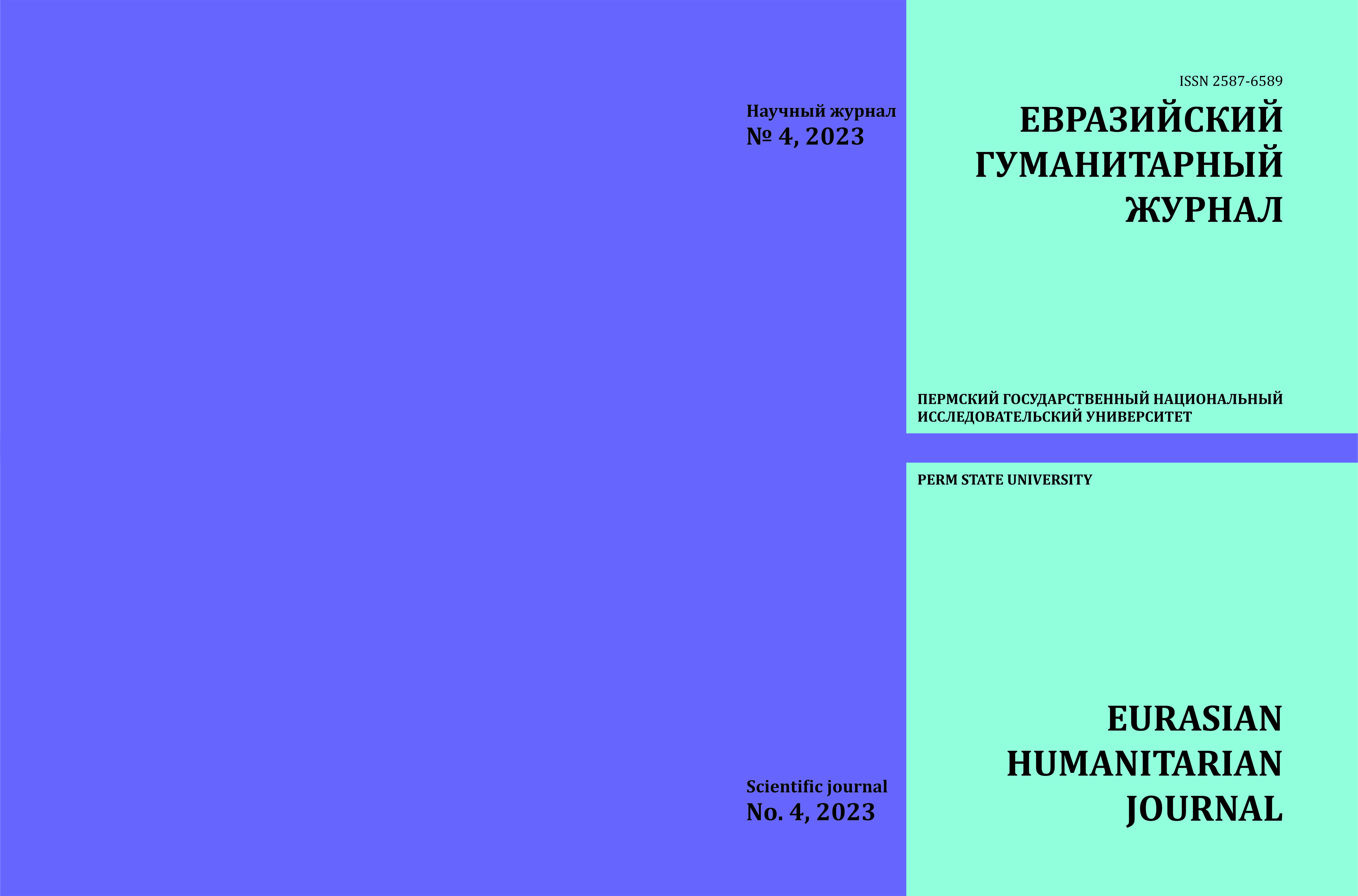RUSSIAN AND FRENCH MEDIA SPACE DISCURSIVE PRACTICE OF THE CORONAVIRUS ERA
Keywords:
coronavirus era, discourse, Russian language, French language, discursive practiceAbstract
The relevance of the study is due to the fact that in the modern world, the practice of linguocreativity and borrowing lexemes from other languages are common in describing events taking place in the world. In the era of the spread of intercultural communication and the unlimited flow of news coming from all over the world, people have a need to react to various events by verbalizing their own emotions and feelings – specific lexemes are used to express their opinions or create a specific terminology associated with a particular social phenomenon. Every day their number is increasing, they are increasingly used by journalists in the media and social media users. To analyze the discourse of the new sensitivity within the framework of the discourse of the coronavirus era, the following lexemes were selected: anti-vaxxer, anti-masochist, self-isolation, social distance, remote operation, apérovisio, covidiote, gestes barrières, quatorzaine and workation. All of them were considered in the context of the media discourse, where these words began to be popularized in connection with the spread of the phenomenon of the coronavirus pandemic in everyone's life. News publications aimed to reflect public attitudes towards the events taking place in the world. During the analysis, it was necessary to emphasize the novelty of these lexemes, which either acquired a new meaning in the context of the coronavirus era, or are neologisms that arose during the pandemic.Downloads
Published
2024-04-12
Issue
Section
ДИСКУРСОЛОГИЯ

